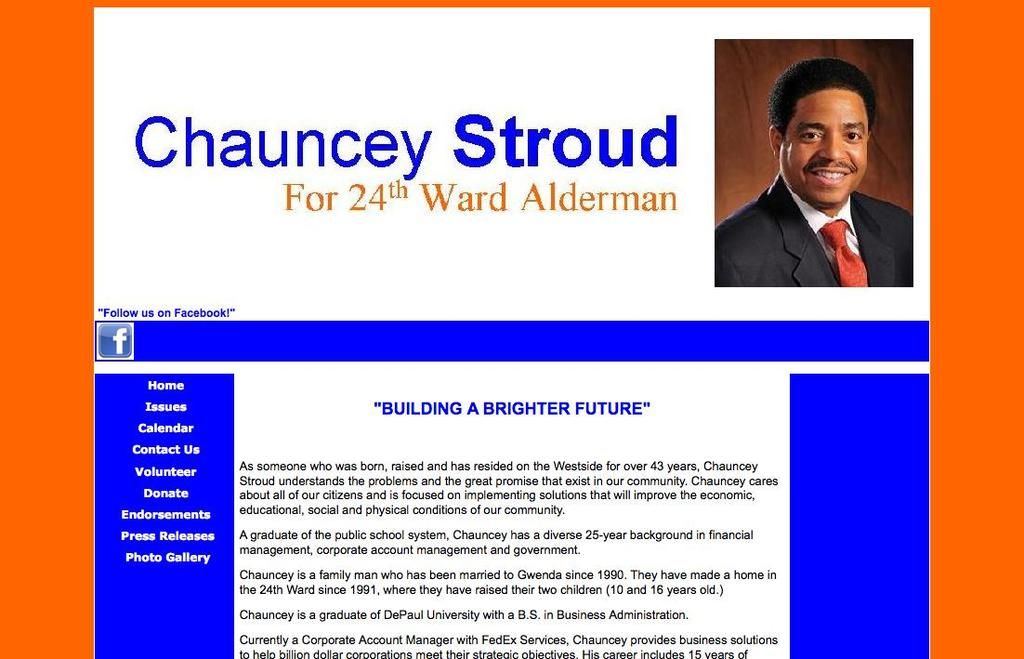Growing Weariness over Cancellation Culture: Have We Oversaturated It?
In the digital age, cancel culture-the collective act of calling out or boycotting individuals, companies, or organizations deemed to have acted inappropriately-has become a powerful force shaping public discourse. However, recent developments point to a growing sense of fatigue among the public, leaving some to question whether the dissatisfaction stems from an overeager pursuit of justice or simply a weariness of perpetual waves of outrage.
In this exploratory article, we delve into the reasons behind this cancel culture fatigue, examining its genesis, evolution, and impact on various aspects of society.
The Origins of Cancel Culture
Born from the fertile ground of social media, cancel culture initially served as a platform for marginalized communities fighting against oppressive systems. In its infancy, the concept revolved around holding powerful figures accountable for their harmful actions and words.
One of the earliest notable instances of cancel culture occurred in 2014, when celebrities like comedian Ricky Gervais and actor Shia LaBeouf faced backlash for problematic statements or actions. The emerging movement demonstrated social media's ability to amplify activism, provide accountability, and foster change.
A Changing Landscape
The narrative surrounding cancel culture has shifted over the years, evolving away from a tool for empowerment and accountability and toward a more outrage-driven phenomenon. Critics argue that cancel culture, in its current state, is less concerned with genuine reform and more with swift, public punishment.
This shift can be seen in the trend of cancel campaigns against public figures, influencers, and even politicians for comments or actions taken long ago. This focus on past mistakes raises the question of whether individuals should be judged solely on their past missteps or afforded the opportunity for growth and change.
One striking case of this shifting landscape is that of director James Gunn, who faced backlash for old, controversial tweets resurfacing, prompting his temporary dismissal from Disney-owned Marvel Studios. Despite apologies and a demonstration of growth, the backlash continued, prompting debates on the merits of forgiveness in the context of cancel culture.
The Emergence of Cancel Culture Fatigue
Cancel culture fatigue stems from the growing exhaustion and disillusionment felt by many in the face of seemingly endless #MeToo allegations, Black Lives Matter demonstrations, and calls for accountability across various sectors. The emotional toll of constant exposure to outrage, social media campaigns, and public demands for action has left some questioning whether the momentum of cancel culture is sustainable.
Moreover, some fear that cancel culture has become less about holding powerful individuals accountable and more about wielding social control. As the lines blur between accountability and public shaming, critics worry that this shift will ultimately undermine meaningful progress and safeguards against future wrongdoing.
Emotional Exhaustion and Mental Health Impacts
Public figures on the receiving end of cancel culture can face a torrent of criticism, anxiety, depression, and social isolation. The emotional fallout extends beyond those targeted, with the general public feeling overwhelmed and desensitized by the constant barrage of negative news and calls to action.
Furthermore, the polarizing effect of cancel culture on society is concerning. As individuals become entrenched in their views, genuine discussions about social justice, accountability, and reform become increasingly difficult. The potential for further division may well follow.
Evaluating the Impact of Cancel Culture
With growing disillusionment and calls for change, it is essential to reassess the value of cancel culture in today's society. Its role in exposing wrongdoing and driving reform undeniably cannot be understated, but as the boundaries of what constitutes 'cancelable' behavior continue to broaden, its effectiveness is called into question.
Advocates for cancel culture argue that it serves as an essential mechanism for accountability, empowering marginalized voices and demanding justice. On the other hand, critics assert that the current state of cancel culture creates an environment strikingly similar to the mob mentality of centuries past-one that lacks nuance, fairness, and justice.
Moving Forward
In order to restore public trust and preserve the positive aspects of cancel culture, the shift must focus on fostering constructive dialogue, empathy, and opportunities for reform. Platforms and individuals alike must strive to move away from a cycle of outrage and Punishment to one that encourages progress, forgiveness, and the potential for growth.
In conclusion, the rise of cancel culture fatigue raises significant questions about the role and effectiveness of cancel culture in contemporary society, challenging us to find ways to balance accountability with forgiveness and maintain a focus on genuine reform and positive change. As the landscape continues to evolve, the need for introspection and constructive dialogue becomes essential.
- The escalating tide of cancel culture has sparked discussions around mental health, with public figures facing a torrent of criticism resulting in anxiety, depression, and social isolation.
- In the health-and-wellness and fitness-and-exercise world, there are growing concerns that cancel culture's focus on punishment may impede the opportunities for growth and change,reflecting a shift from an empowering tool to a potentially counterproductive force.
- Social media platforms, a pivotal player in the rise of cancel culture, should consider their role in shaping public discourse on mental health and well-being, implementing strategies that promote understanding and forgiveness over escalating outrage.
- As the boundaries of cancel culture continue to expand, fueled by today's pop-culture and entertainment-focused society, it is crucial to reevaluate the movement's impact on collective mental health and our collective pursuit of fitness and wellness.
- Embracing a lifestyle that fosters constructive dialogue, empathy, and opportunities for reform, both online and offline, is essential in alleviating cancel culture fatigue and realigning the movement with its original goals of accountability and justice.








